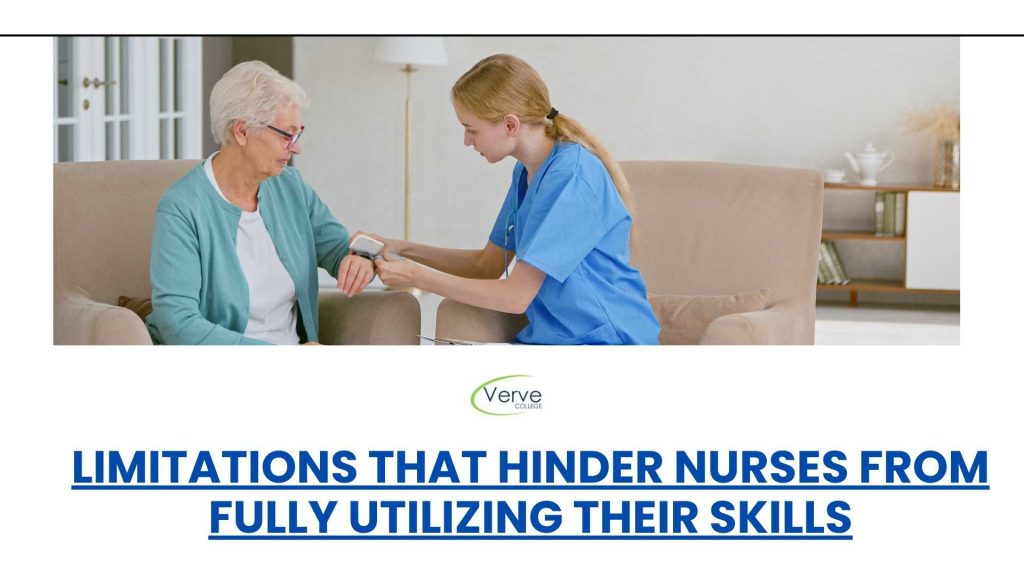- Oak Brook:(630) 705-9999
- Chicago:(312) 920-8822
- Email:inquiry@vervecollege.edu
- Make a Payment
- Home
- Programs
- Admission
- Resources
- ATI Entrance Exam Resources
- New E-Digital Library
- Refer a Friend
- School Newsletter
- Events
- Employers
- Job-Network
- Alpha Beta Kappa Candidates
- Verve College Library
- Graduation and Pinning Ceremony Photo Galleries
- Textbook Information
- Career Services
- Tutoring
- School Catalog
- FAQ
- Constitution Day Program
- Alumni
- Verve College Plans
- Financial Aid
- HEERF Reporting
- Satisfactory Academic Progress
- Apply For Financial Aid
- Net Price Calculator
- Return of Title IV Funds (R2T4)
- Financial Aid Office Code of Conduct
- Contact
- FAQs
- Verification Policy
- Vaccination Policy
- Student Right-to-Know Act
- Misrepresentation
- Information Security Program
- Academic Award Year
- Availability of Employee
- Cost of Attendance
- Health & Safety Exemption Requirement
- Students Rights and Responsibilities
- Leave of Absence
- Pell Formula
- Military Students
- Grants/ Scholarship Policy
- Contact Us
- Testimonials
- Blog
Is a Nursing Career Right For You?
Take The Free Quiz
Barriers to Nursing Practice: What’s Holding Nurses Back?
Barriers to Nursing Practice: What’s Holding Nurses Back?
As the healthcare landscape evolves, nurses continue to play a critical role in patient care. However, various limitations hinder nurses from fully utilizing their skills in clinical settings. Despite advancements in technology, policy changes, and an increasing demand for healthcare professionals, barriers persist. If you aspire to become a licensed practical nurse, understanding these challenges can help you navigate your career effectively.
Key Limitations That Hinder Nurses from Fully Utilizing Their Skills
1. Scope of Practice Restrictions
Many states impose regulations that limit what nurses can do, regardless of their training and experience.
- LPNs often face restrictions on prescribing medications or performing specific medical procedures.
- Some states require physician oversight for routine nursing tasks, reducing autonomy.
2. Workplace Staffing Shortages
A persistent issue in healthcare, staffing shortages significantly impact nurses’ ability to provide quality care.
- Overworked nurses experience burnout, leading to job dissatisfaction and high turnover rates.
- Patients may receive inadequate attention due to overwhelming nurse-to-patient ratios.
3. Administrative Burden
Non-clinical tasks consume valuable time that could be spent on patient care.
- Nurses spend hours on documentation, insurance claims, and compliance reports.
- Increased reliance on electronic health records (EHR) systems, though beneficial, also adds to administrative duties.
Step-by-Step Guide: Requirements to Become an LPN
Education and Career Advancement Barriers
4. Limited Access to Continuing Education
Lifelong learning is essential in nursing, but barriers often prevent professional growth.
- The cost of further education can be prohibitive.
- Balancing work, family, and schooling remains a challenge.
5. Lack of Mentorship and Support
Strong mentorship is crucial for career progression, but many nurses struggle to find guidance.
- Hospitals and healthcare facilities may not have structured mentorship programs.
- Without support, nurses may feel unprepared for leadership roles.
If you are considering expanding your opportunities, enrolling in LPN programs can provide the necessary skills and credentials to advance in nursing.
Workplace and Policy-Related Barriers
6. Workplace Violence and Safety Concerns
Nurses frequently encounter verbal and physical aggression from patients and visitors.
- Insufficient security measures in hospitals and clinics increase risks.
- Workplace violence contributes to stress and high turnover rates.
7. Inadequate Compensation and Benefits
Despite being at the forefront of healthcare, many nurses feel underpaid for their workload.
- Wage gaps between nurses and other healthcare professionals remain an issue.
- Benefits such as paid leave and mental health support are often insufficient.
Overcoming Barriers in Nursing
To address these challenges, policymakers, healthcare institutions, and nurses themselves must advocate for positive change. Seeking out nursing schools near me that offer quality training and specialization options can be a crucial step toward a fulfilling career.
By recognizing and addressing the limitations that hinder nurses from fully utilizing their skills, the healthcare industry can empower nurses to provide the best possible care to their patients. Whether you’re an aspiring nurse or a seasoned professional, staying informed and proactive is key to overcoming these obstacles.
 Sign up
Sign up Login
Login




